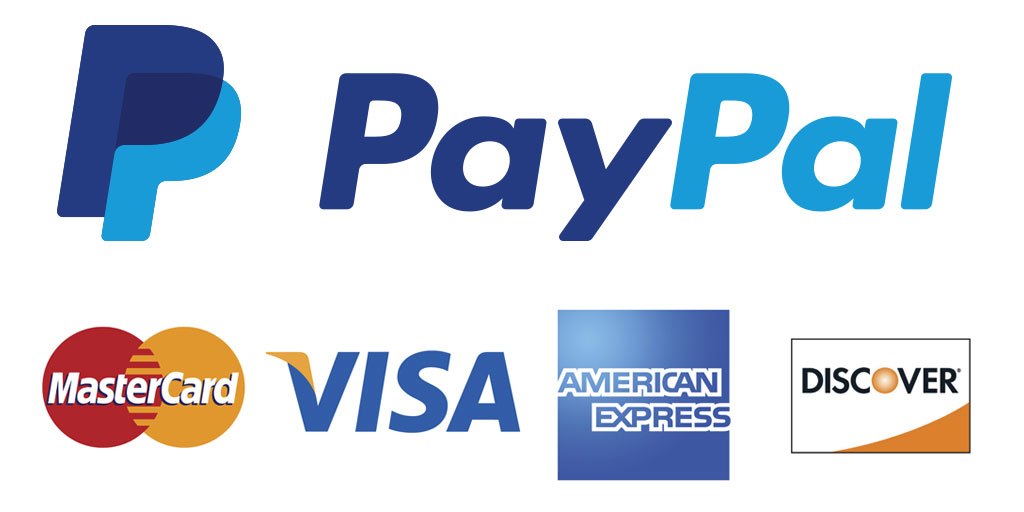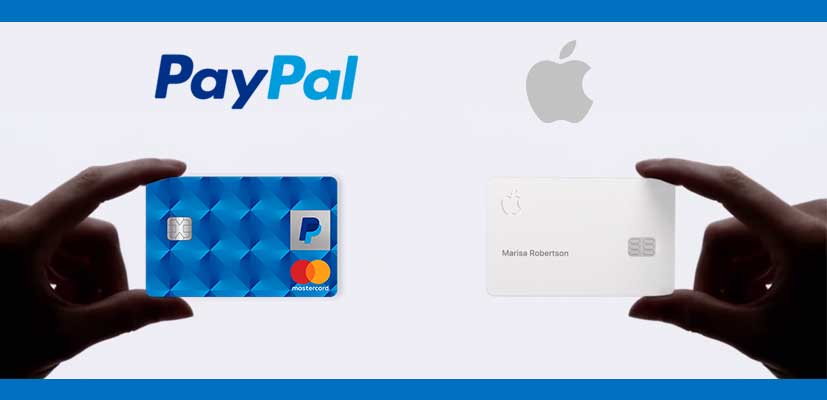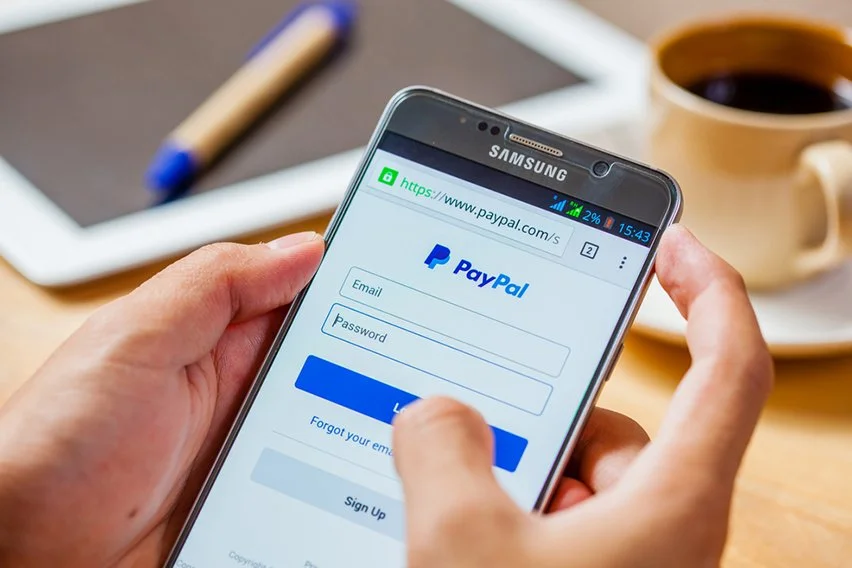Introduction
In today’s digital age, the allure of quick transactions and easy access to financial services has led to a surge in the buying and selling of PayPal accounts. While the convenience may seem tempting, the stakes are high, and the risks are real. This blog aims to shed light on the importance of discerning legitimate sellers when purchasing PayPal accounts, navigating the potential pitfalls, and offering guidance to buyers on identifying genuine sellers.

A. Importance of buying from legitimate sellers
The significance of buying from legitimate sellers cannot be overstated. Legitimate sellers adhere to ethical standards and legal requirements, ensuring that the transactions are transparent, secure, and compliant with PayPal’s terms of service. By purchasing from reputable sources, buyers mitigate the risks of encountering fraudulent activities, legal repercussions, and financial losses.
B. Risks associated with purchasing PayPal accounts
Purchasing PayPal accounts from unreliable sources poses various risks to buyers. These risks include the potential for account suspension or closure due to a violation of PayPal’s policies, exposure to fraudulent activities such as money laundering or identity theft, and the loss of funds invested in purchasing the account. Moreover, engaging in transactions with illegitimate sellers can tarnish one’s reputation and credibility in the online marketplace.
C. Purpose of the blog: guiding buyers to identify genuine sellers
Amidst the proliferation of online marketplaces offering PayPal accounts for sale, it can be challenging for buyers to discern between legitimate sellers and fraudulent operators. This blog serves as a beacon of guidance, equipping buyers with the knowledge and tools necessary to distinguish genuine sellers from their unscrupulous counterparts. By educating buyers on the warning signs, red flags, and best practices for verifying seller legitimacy, this blog aims to empower buyers to make informed decisions and safeguard their interests in the digital marketplace.
Understanding the Risks
In the fast-paced world of online transactions, it’s crucial to be aware of the risks associated with purchasing PayPal accounts. While the allure of a shortcut may be tempting, the consequences of falling into the trap of illegitimate sellers can be severe. This section delves into the various risks involved, from legal ramifications to financial losses, emphasizing the importance of due diligence in selecting sellers.
A. Legal implications of purchasing PayPal accounts
First and foremost, it’s essential to recognize that purchasing PayPal accounts from unauthorized sellers can have serious legal implications. PayPal’s terms of service explicitly prohibit the buying and selling of accounts, and engaging in such transactions violates not only PayPal’s policies but also potentially breaches local laws related to fraud, identity theft, and money laundering. Buyers may find themselves facing legal action, fines, or even criminal charges for participating in illicit activities.
B. Potential consequences of using illegitimate accounts
Beyond the legal ramifications, using illegitimate PayPal accounts can lead to a myriad of negative consequences. These accounts may be compromised, stolen, or linked to fraudulent activities, putting buyers at risk of account suspension, closure, or even blacklisting from PayPal’s services. Furthermore, funds held in illegitimate accounts may be frozen or confiscated by PayPal as part of their efforts to combat fraudulent behavior, resulting in financial losses for the buyer.
C. Importance of due diligence in selecting sellers
Given the high stakes involved, due diligence is paramount when selecting sellers to purchase PayPal accounts from. Buyers must take the time to thoroughly research and evaluate potential sellers, considering factors such as reputation, credibility, and compliance with PayPal’s policies. Transparent communication, verified reviews, and a willingness to provide necessary documentation are all indicators of a legitimate seller. By conducting proper due diligence, buyers can mitigate the risks of falling victim to scams or fraudulent schemes and ensure a safer, more secure transaction experience.
Characteristics of Legitimate Sellers
Identifying legitimate sellers when purchasing PayPal accounts is paramount to ensure a safe and secure transaction. Legitimate sellers exhibit certain characteristics that set them apart from fraudulent operators. This section explores the key traits of genuine sellers that buyers should look out for.
A. Transparent communication
One of the hallmarks of legitimate sellers is their commitment to transparent communication. They are forthcoming about the details of the transaction, including the account’s history, limitations, and any associated risks. Legitimate sellers are responsive to inquiries and address buyer concerns promptly and honestly. They do not engage in deceptive or evasive communication tactics and prioritize building trust with their customers through open and transparent dialogue.
B. Verified reputation and reviews
Legitimate sellers have a verified reputation and positive reviews from satisfied customers. Before making a purchase, buyers should research the seller’s reputation on reputable platforms or forums dedicated to online transactions. Verified reviews provide valuable insights into the seller’s reliability, integrity, and the quality of their services. A consistent track record of positive feedback from previous buyers is a strong indication of a legitimate seller’s credibility and trustworthiness.
C. Compliance with PayPal’s policies
Legitimate sellers adhere to PayPal’s policies and guidelines governing the buying and selling of accounts. They do not engage in activities that violate PayPal’s terms of service, such as selling accounts that are linked to fraudulent or suspicious behavior. Genuine sellers prioritize compliance with legal and regulatory requirements to protect both themselves and their customers from potential legal repercussions or account-related issues.
D. Willingness to provide necessary documentation
Legitimate sellers are willing to provide the necessary documentation to verify the authenticity of the PayPal account being sold. This may include proof of ownership, account statements, or other relevant documentation that validates the account’s legitimacy and history. Sellers who are hesitant or unwilling to provide such documentation should raise red flags for buyers and may indicate the presence of fraudulent activity.
E. Secure payment methods
Lastly, legitimate sellers offer secure payment methods that prioritize buyer protection and security. They do not request payment through insecure channels or methods that lack safeguards against fraud or unauthorized transactions. Genuine sellers may utilize trusted payment platforms or escrow services to facilitate secure transactions and provide peace of mind to buyers.
By evaluating sellers based on these characteristics, buyers can minimize the risks associated with purchasing PayPal accounts and ensure a smoother and safer transaction experience.
Click Our Products: Buy PayPal Accounts


